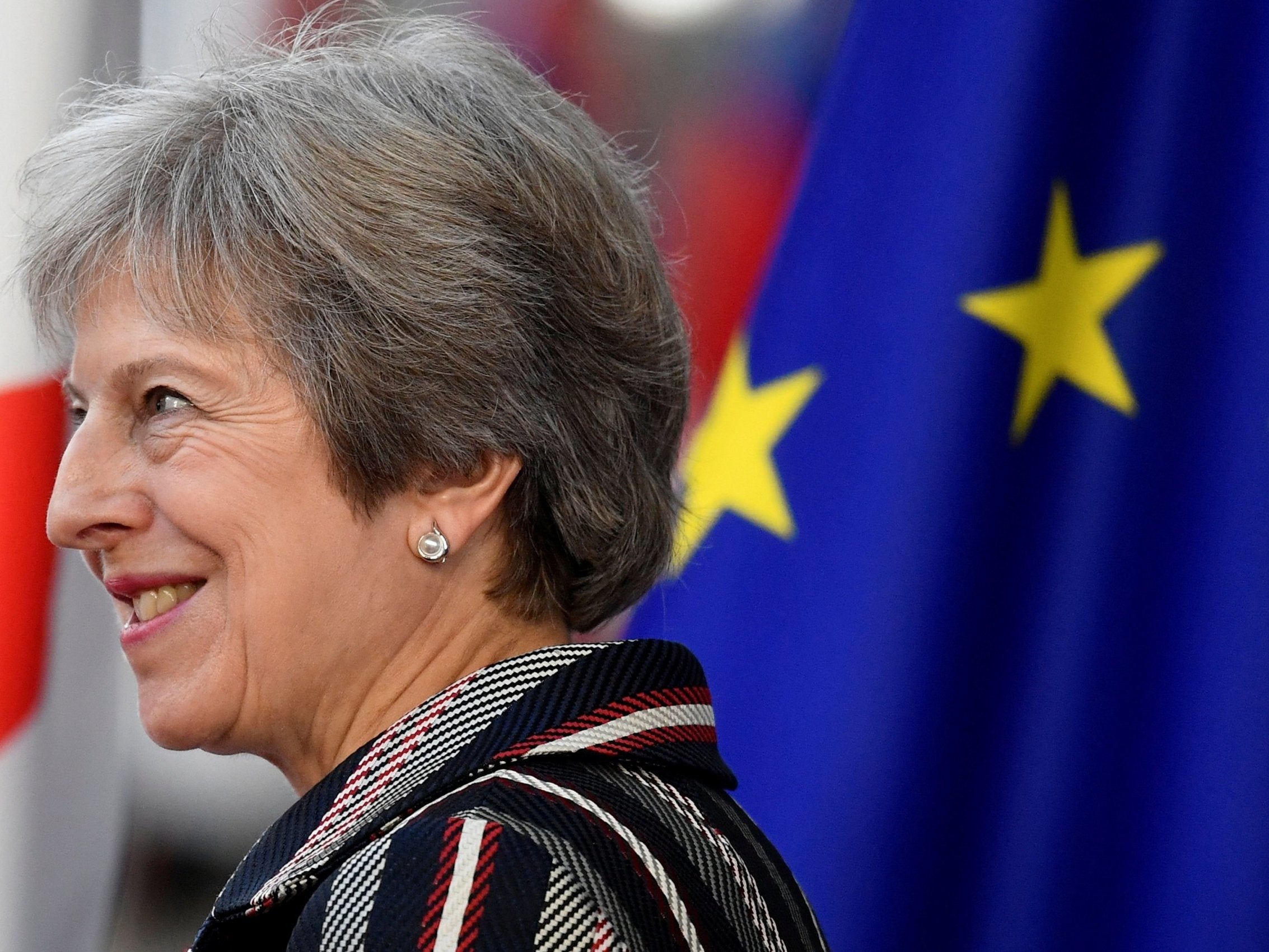The only way to save the British economy after Brexit is by completely reversing the effects of austerity
Paradoxically, the right response to Brexit is to become a more European economy, with a more active and entrepreneurial state

Nearly a decade of austerity has been an economic, political, social and moral disaster for Britain. The dreadful growth forecasts in the budget – modelled on a “good” Brexit deal – show that Britain’s economy has been left pathetically weak.
In our best year, the UK economy is forecast to grow at a measly 1.6 per cent. Government spending has been drastically cut, with the size of the state continuously decreasing as a share of the overall economy. Promises to eliminate the deficit have been broken repeatedly. And, of course, the total level of debt has risen.
It is undeniable that austerity contributed to the vote to leave: it resulted in the slowest recovery from recession in the post-war period, such that at the time of the referendum, national income per person had not recovered to its pre-crisis peak in Scotland, Wales, Northern Ireland, nor any region of England outside London and the south east. Concerns about immigration were turbocharged by deteriorating public services, allowing the Leave campaign to falsely claim that there were simply too many people putting too much pressure on services.
While most of the focus has been on spending cuts, it should also be remembered that the government increased VAT from 15 per cent to 20 per cent and froze income tax thresholds. At the same time, the top rate of tax was cut from 50 per cent to 45 per cent for those earning over £150,000 and corporation tax has been slashed. The theory was that this would increase investment.
But this strategy has not worked. Individuals at the top – the so-called ‘wealth creators’ – are in fact the group that are least likely to spend. Corporates have not responded by raising investment but by hoarding cash, and returning it to shareholders through dividends and share buybacks. They have not invested precisely because they cannot be confident that there is sufficient demand for their products and services. The real problem of the past decade has been chronically deficient demand rather than too much debt.
At the root of our economic problems is too little public and private investment. As the OBR has pointed out, in recent years, nine-tenths of economic growth has come from consumption – financed by rising household debt – rather than from investment. Investment should be the engine of any economy, increasing its productive potential.
Leaving the EU has undermined the investment case in the UK. Investors abhor uncertainty, which has been the constant feature since June 2016. The government’s deal will not resolve it: there will be a treaty for the withdrawal and transition, but merely a political declaration for the future partnership. That means uncertainty will continue into the 2020s.
So in a sense, Brexit changes everything and changes nothing: it exacerbates the UK longstanding problem with an investment rate that was already far below our international competitors at the time of the referendum. It makes it harder to achieve escape velocity from an economic model that isn’t working to one that does.
We know that rather than crowding out investment – as free marketers claim – greater public investment in fact crowds it in. Brexit will therefore make it even more important to get public investment up, not less. And with interest rates close to zero, a programme of quantitative easing that has not been wound down, fiscal policy will be the only option left to lift Britain out of any future recession. It is therefore illogical to say that Brexit must mean more austerity. It must mean the reverse. Paradoxically, the right response to Brexit is to become a more European economy, with a more active and entrepreneurial state.
The truth is that most of our economic problems are our own. They stem from 40 years of neoliberal policies that have served the interests of a very small segment of society. The striking finding of the IPPR Commission on Economic Justice was not just that growth had decoupled from wages since 2010. It was that our economic problems – on investment, productivity, and trade – stretch back decades. No matter what happens with Brexit, we need to take responsibility to solve the problems in the UK economy.
It is understandable that those that wish to stop Brexit have attempted to marshal every possible argument to support their cause. But the most likely scenario remains that the prime minister gets her deal through parliament and Britain leaves the EU on March 29 2019. No one seriously believes that the opponents of Brexit will respond by arguing that the government should double down on its failed strategy of austerity. They would be mad if they did, and so they won’t.
Tom Kibasi is the director of the Institute for Public Policy Research and founder of the IPPR Commission on Economic Justice
Join our commenting forum
Join thought-provoking conversations, follow other Independent readers and see their replies
0Comments